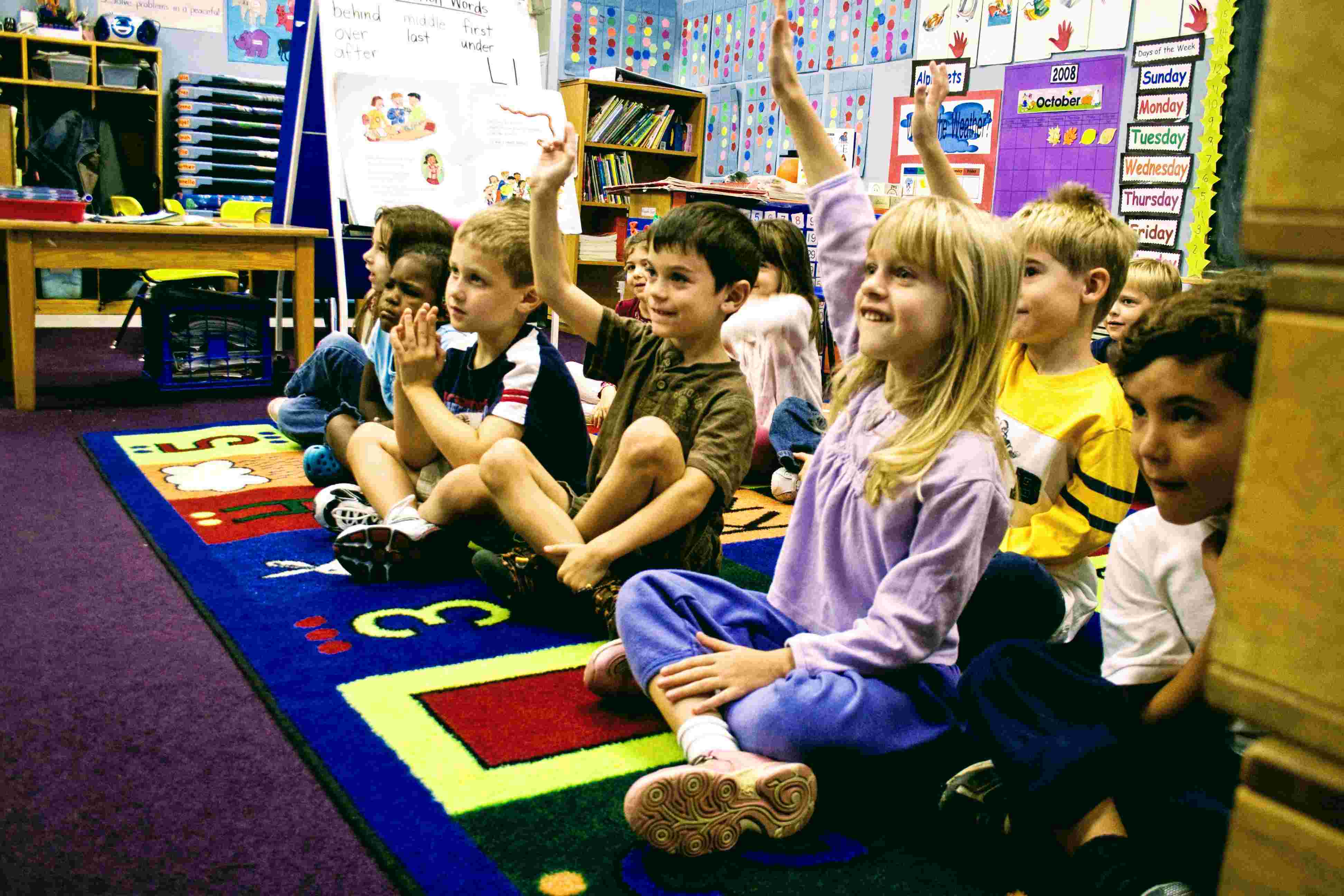Maryland schools are certainly not the only ones that need more standardized testing for young children, starting at the ages of 4 or 5. No kidding. Of course, such a proposal is sure to shock many parents and teachers. Public schools are already accused of having too much testing, and many parents and educators say they have gone too far and too fast in academically "drilling and killing" our youngest students.
However, this issue seems to be basically misunderstood. First off, the proposal is to test schoolchildren from prekindergarten to third grade to measure whether or not they are getting the basic skills essential for learning to read (and to count). Obviously, children at this age can and should be taught these crucial fundamental skills, simply because students who don't learn this way often fall off the literacy and numeracy ladder, rarely catching up.
Appropriate early testing of schoolchildren corresponds to their cognitive development while also taking into account their socio-economic differences. A famous study by psychologists Betty Hart and Todd Risley revealed that kids from lower-income families, by the time they are 4 years old, are exposed to 30 million fewer words than their peers from higher-income families, which is a major learning impediment.
Early phonics, word recognition, and print concepts are foundational skills prescribed in Early Learning Standards for 4 and 5 years old. So, how to know if the schools are doing their job and their students are learning without testing for these indispensable basic abilities? Both teachers and parents need to identify, as early as possible, which kids are lagging on which foundational abilities.
On these bases, the teachers can "teach to the tests," so to speak, and tailor instructional assistance to address an individual's weaknesses. After all, schools can be justly held accountable for how well, or how bad, they enable all their students to meet early literacy and numeracy standards.
Our youngest schoolchildren really need to be put to the test for us to know if they are climbing the right ladder to academic, career, and lifetime success. This is why early educators need to be put to the test as well. Are they ready to fulfill their immense responsibility to teach ALL KIDS to read, count, and more?

Picture: Kindergarten is fun (Wikimedia Commons, w/Effects)

